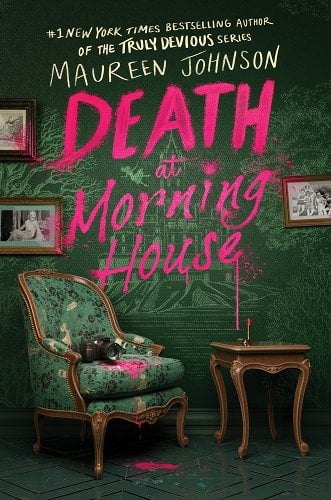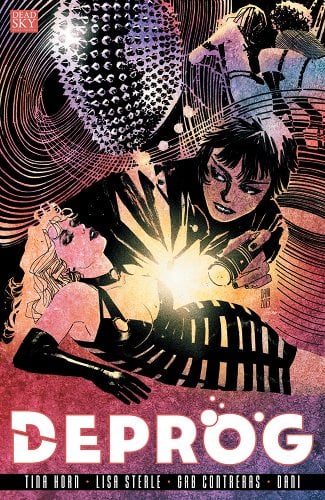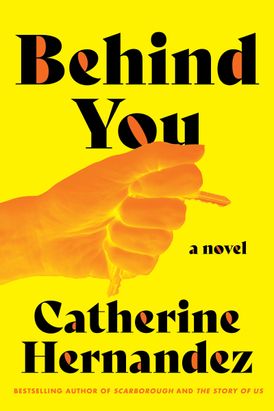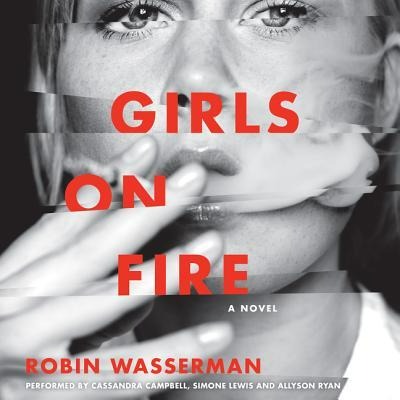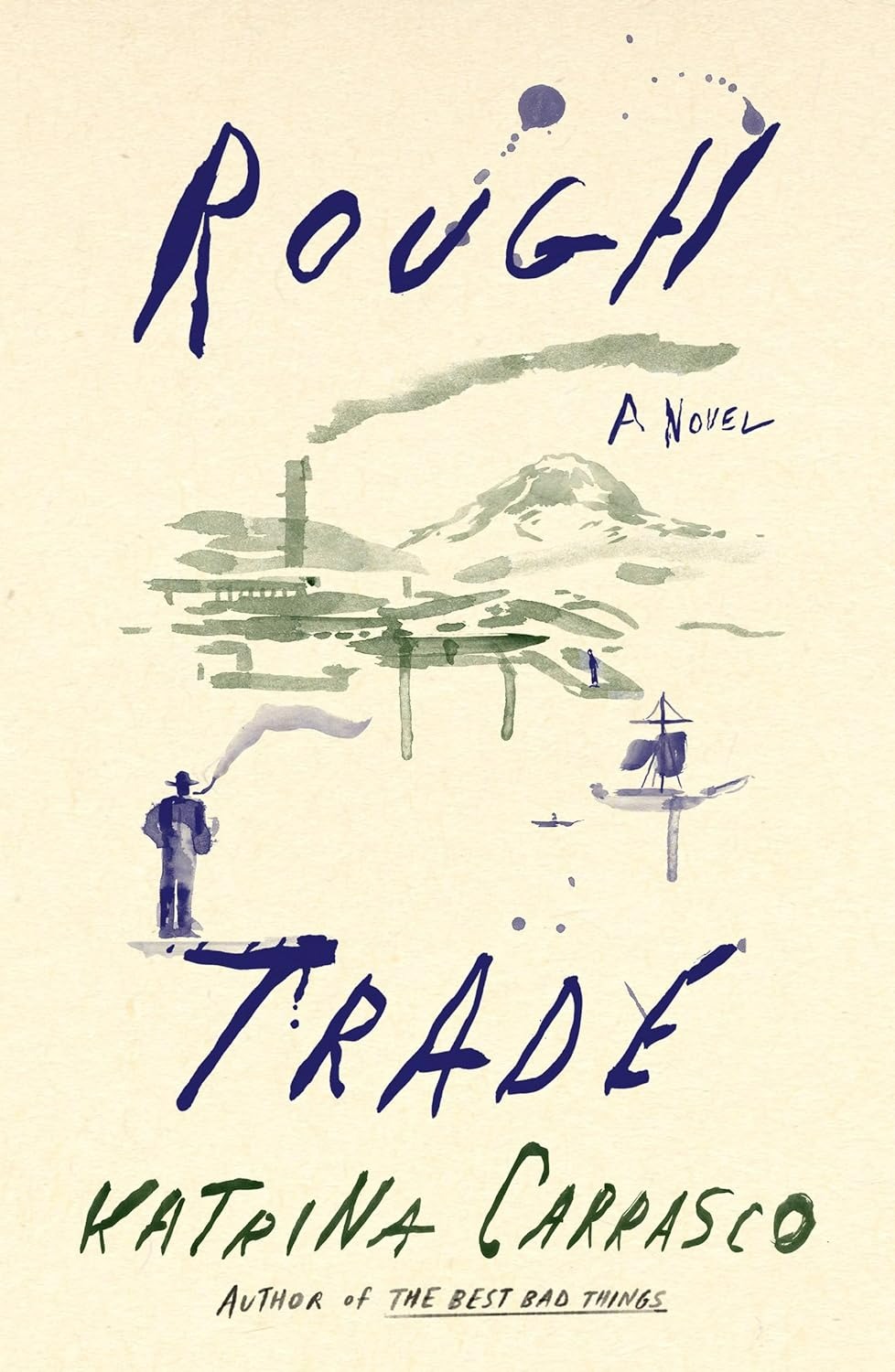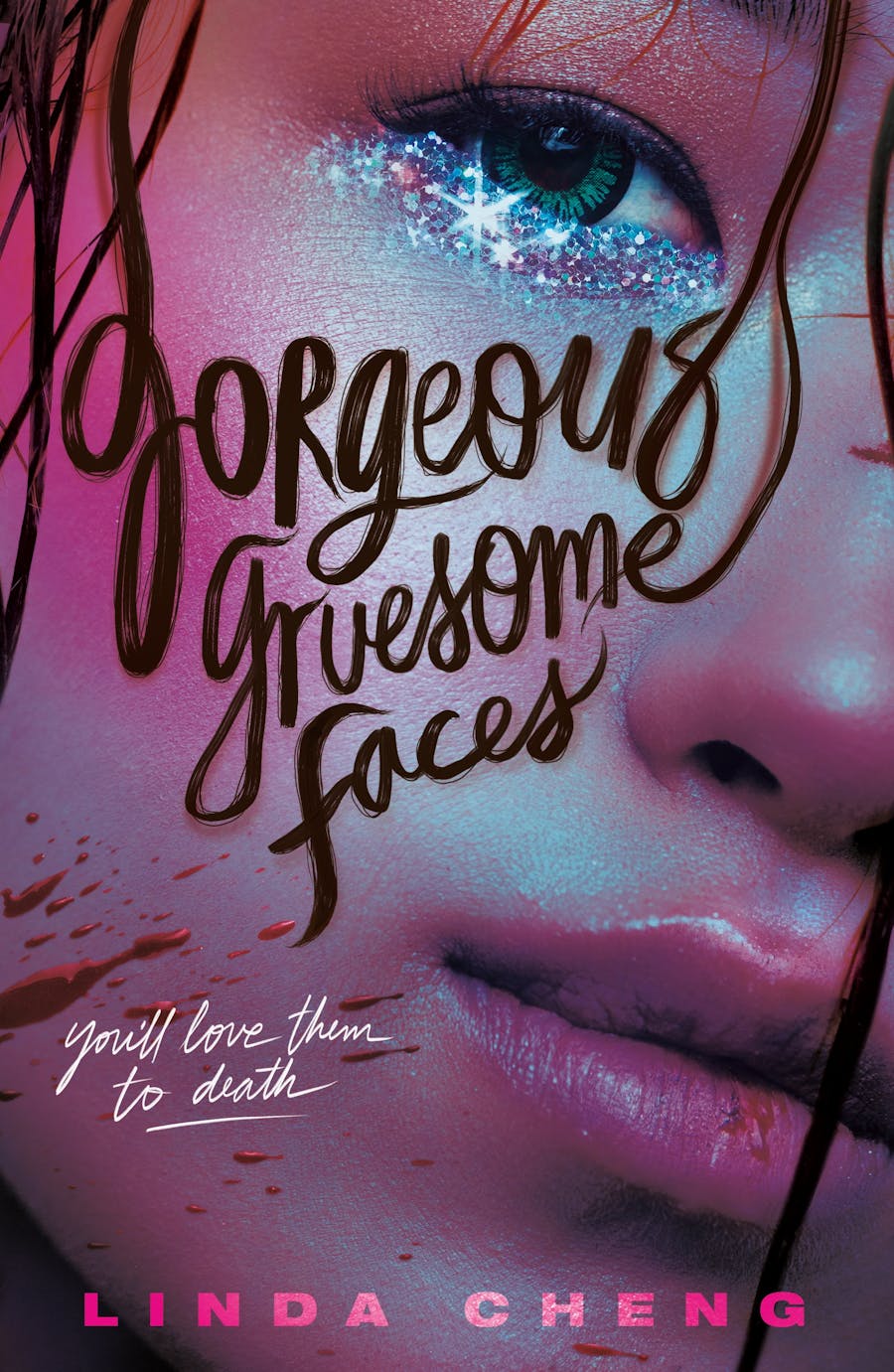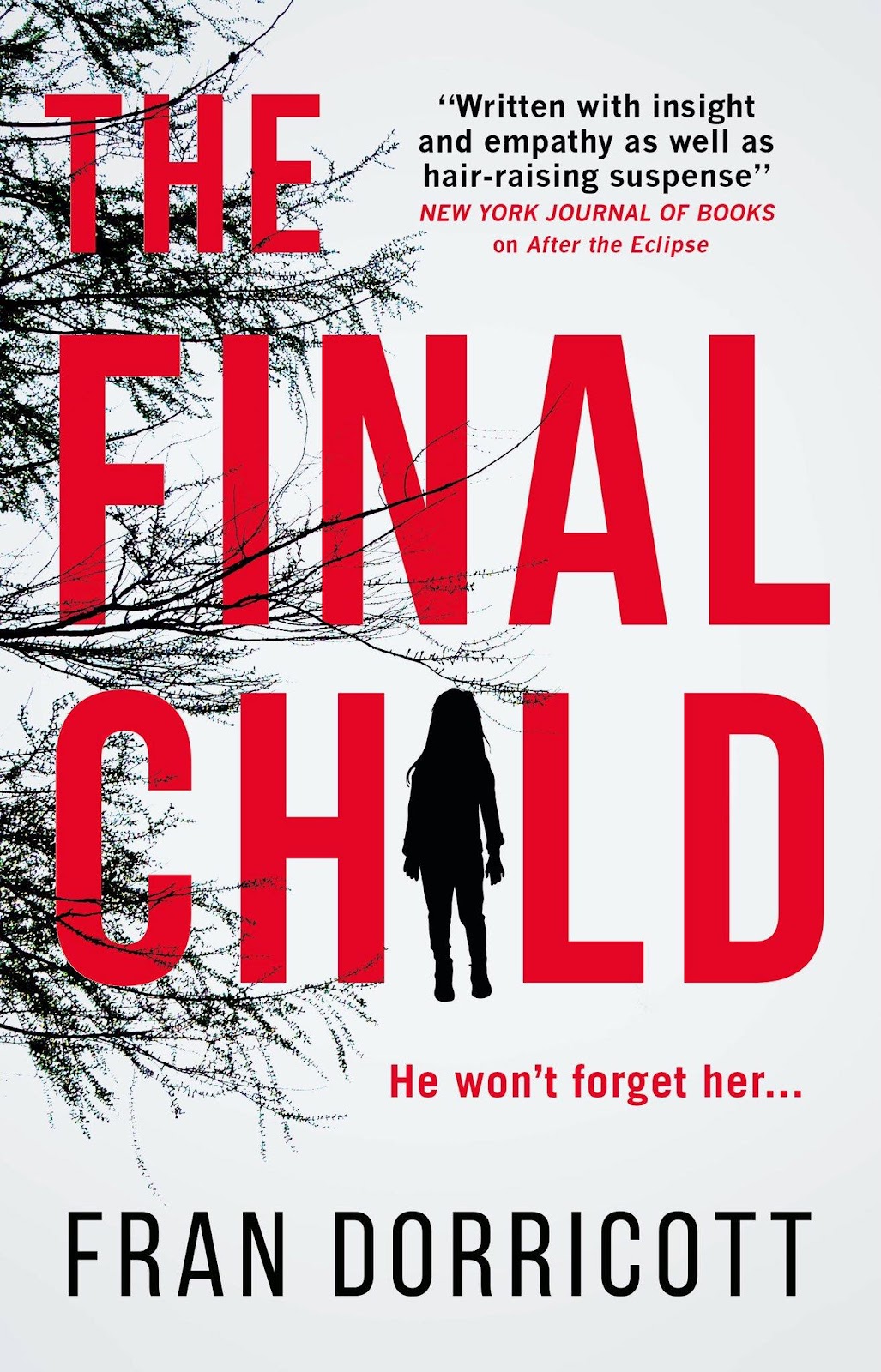This wasn’t a book I planned to read in just two sittings. However, after continuing to tell myself “I’ll take a break after this chapter” and then not taking a break after the chapter, I finished it in a blur of twists and reveals that left me gasping. Death at Morning House follows Marlowe Wexler,Read More
A Hardboiled Lesbian Detective Comic: Deprog by Tina Horn, Lisa Sterle, Gab Contreras, and DaNi
If a gritty noir graphic novel with a “hardboiled hard drinking leather loving dyke detective” sounds up your alley, pick Deprog up—though you might want to give the content warnings a glance first. I thought that was what I wanted, but I quickly realized this was a darker read than I’m currently in the headspaceRead More
A Fresh, Queer Take on Crime Fiction: Behind You by Catherine Hernandez
Amazon Affiliate Link In her new novel, Catherine Hernandez weaves gripping suspense and affecting emotion into a story of trauma, survival, and healing against the backdrop of one of Canada’s most terrifying historical events. Behind You (HarperAvenue 2024) follows Alma, a Filipina woman working as an editor for a true crime series called Infamous, which features sketchesRead More
Cell Block Tango, the Thriller Novel: Speak of the Devil by Rose Wilding
Buy this from Bookshop.org to support local bookstores and the Lesbrary! Rose Wilding’s Speak of the Devil is a thriller with a simple premise: seven women (three of them queer) had very good reasons to murder Jamie Spellman, but only one of them left his decapitated head in an abandoned hotel room. Which was it?Read More
An Obsessive Female Friendship Turns Dark: Girls on Fire by Robin Wasserman
Buy this from Bookshop.org to support local bookstores and the Lesbrary! Two teen girls, Hannah Dexter and Lacey Champlain, become obsessively attached to each other in their rebellion and vengeful agenda against Nikki Drummond. Then dark secrets about what happened to Craig, the boy found dead at the beginning of the novel, begin to unravel,Read More
Queer Smuggler-Duggery: Rough Trade by Katrina Carrasco
Buy this from Bookshop.org to support local bookstores and the Lesbrary! (Note: This book is a sequel but can be enjoyed without reading the previous one) Fans of historical fiction with high-stakes hijinks and well-developed human characters with strong internal compasses can rejoice! Rough Trade by Katrina Carrasco opens on the early days of organized labor and careens headlongRead More
An Anxious Nonbinary Lesbian Sheep Solves a Murder: Bianca Torre Is Afraid of Everything by Justine Pucella Winans
Buy this from Bookshop.org to support local bookstores and the Lesbrary! Bianca has overwhelming anxiety, especially social anxiety, to the point that trying to have an everyday conversation is a monumental struggle. They keep a numbered list of fears, like “Fear #6: Initiating Conversation,” “#13 Beautiful People,” and “#11 Parents Discovering They’re a Raging Lesbian.”Read More
A Sapphic K-Pop Horrormance: Gorgeous Gruesome Faces by Linda Cheng
Buy this from Bookshop.org to support local bookstores and the Lesbrary! Content warnings for self-harm, homophobia, racism, sexism, suicide, violence, and gore. Sunny, Candie, and Mina were a young K-pop group on the rise, starring in a popular TV show that launched their career. That was before everything fell apart. Before Sunny and Candie turnedRead More
A Thrilling Serial Killer Suspense Novel: The Final Child by Fran Dorricott
Buy this from Bookshop.org to support local bookstores and the Lesbrary! Content warnings: child abuse, child death, trauma Back in the 90s, a serial killer known as the Father kidnapped and murdered children, always siblings. Only one survived: Jillian, who became Erin, and she just wanted to forget the whole thing. But Harriett, whose cousinsRead More
A Fast-Paced Space Opera: The Splinter in the Sky by Kemi Ashing-Giwa
Buy this through Bookshop.org to support local bookstores and the Lesbrary! Enitan is a scribe focused mostly on figuring out how to grow her tea business on the side, but when her sibling Xiang is kidnapped and the Imperial forces decree that they need a political hostage, she volunteers so that she can go toRead More
- 1
- 2
- 3
- 4
- Next Page »
